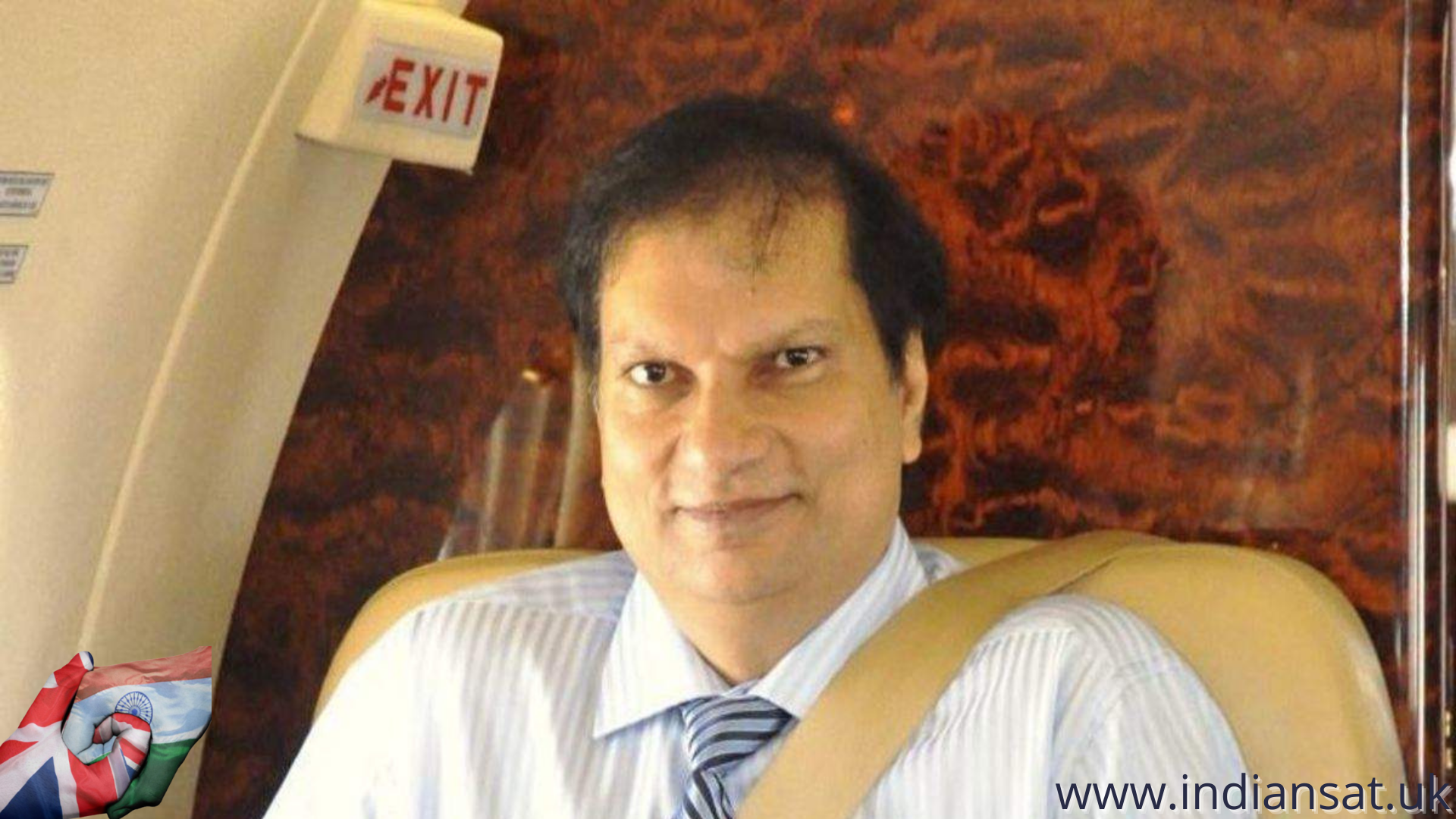The Sterling Biotech group, whose promoters Nitin and Chetan Sandesara fled to Nigeria allegedly after siphoning off Rs 15,000 crore of government banks, came up for discussion in a question raised in the Lok Sabha on Monday.
In a written question, AIMIM’s Hyderabad MP Asaduddin Owaisi asked the government to confirm how many “oil shipments from Sandesara’s Nigerian business, SEEPCO Nigeria, were re-sold via Glencore, UK” and seized by Indian enforcement agencies since January 2018 till date.
“No oil shipments of SEEPCO Nigeria have been seized by Indian enforcement agencies since January 2018 till date,” minister of state for finance Pankaj Chaudhary said in a written reply.
The minister, however, did not mention if Indian PSU oil companies were either dealing with Sandesara’s front entities or had any connection directly or indirectly. Chaudhary said that the various agencies have initiated prosecution proceedings against the two Sandesara brothers.
“In an order dated June 22, SEBI restrained Nitin and Chetan Sandesara from accessing the securities market for a period of five years and debarred them from holding any management position in any listed company or any intermediary registered with SEBI,” the minister said on actions taken against them.
The Enforcement Directorate has already attached assets worth Rs 14,500 crore of Sandesara brothers, which includes oil rigs, private jets, and luxury properties in the US, the UK, and Dubai worth over Rs 9,700 crore, according to the agency. The total attachments exceed Rs 14,500 crore. However, the attachment orders seem to have made no difference to the finances of the Sandesara brothers as they continue to operate a global oil supply chain, interestingly with Indian government entities too.
Information received here by agencies revealed the two brothers, who fled India in 2017 with family members, shuttle between Nigeria and Albania and have taken citizenship of both the countries. Nigeria, a source said, had in the past refused to entertain India’s request for extradition of the accused.
![]()






